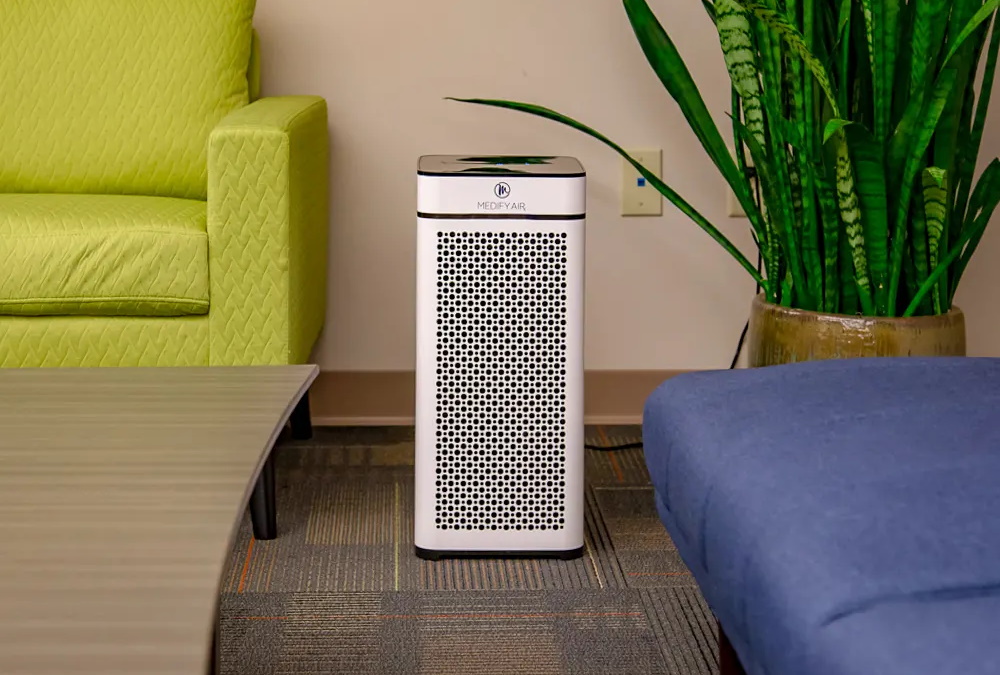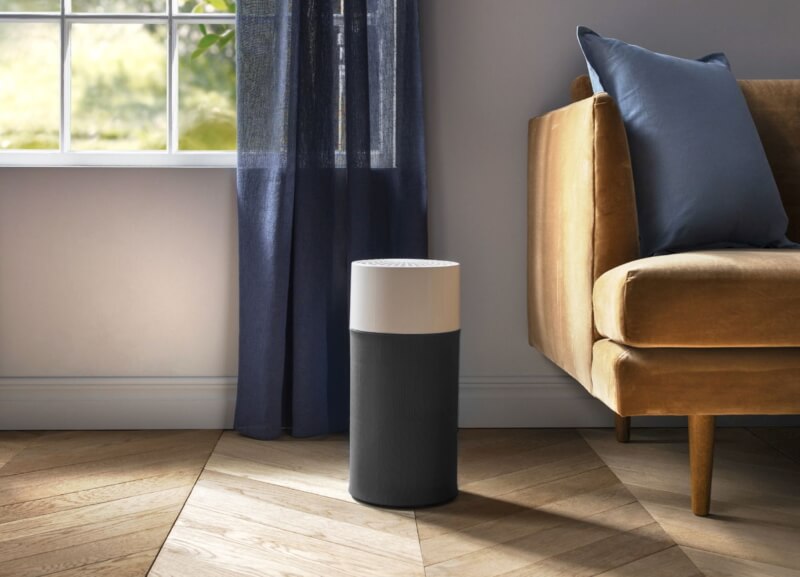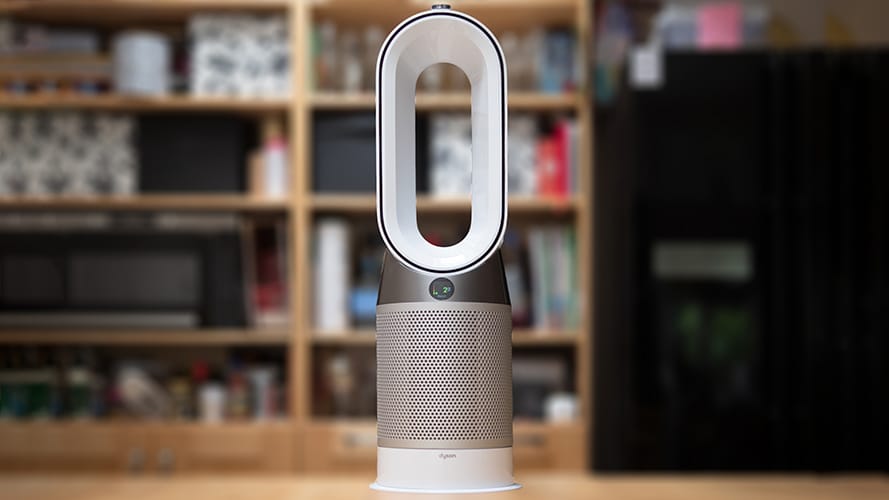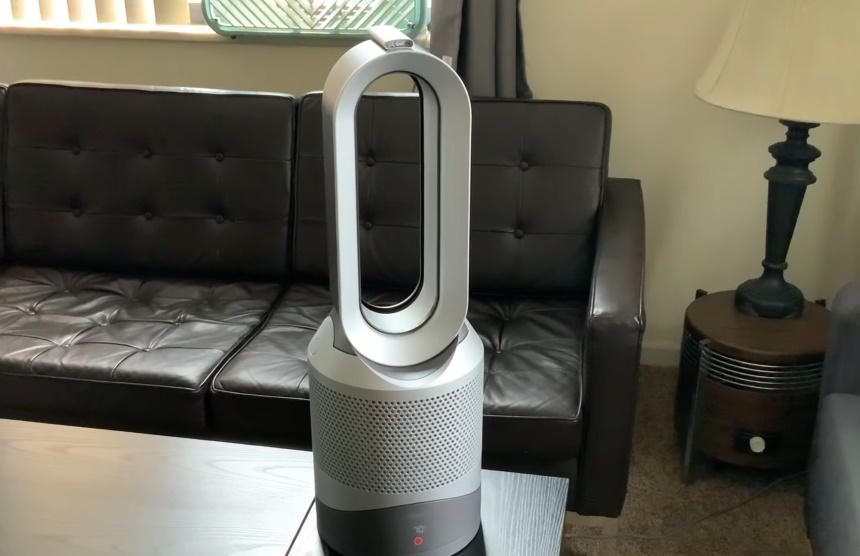

Air ionizers and Air Purifiers are all made to serve the same purpose; to improve indoor air quality. However, they operate in entirely different ways. An ionizer basically works by sending out electrically charged ions into the air to bond with harmful impurities. When the bond is formed, the particles become too heavy to stay in the air, and they end up falling on the floor. On the other hand, an air purifier sucks air through a physical filter that traps all the contaminants in the air like dust, smoke, bacteria, and allergens.
When you finally feel you need to breathe cleaner air in your home, you will definitely have the air ionizer vs. air purifier self-debate. Knowing their differences should help you pick one that suits your needs. For instance, if you are looking to manage mold or allergens in your home, then an air purifier with
a HEPA filter
Trusted Source
HEPA - Wikipedia
HEPA (/ˈhɛpə/, high-efficiency particulate air) filter, also known as high-efficiency particulate absorbing filter and high-efficiency particulate arrestance filter, is an efficiency standard of air filter.
en.wikipedia.org
is your best bet. If you are looking to improve the air quality of a remarkably large area, then an air ionizer is what you need.
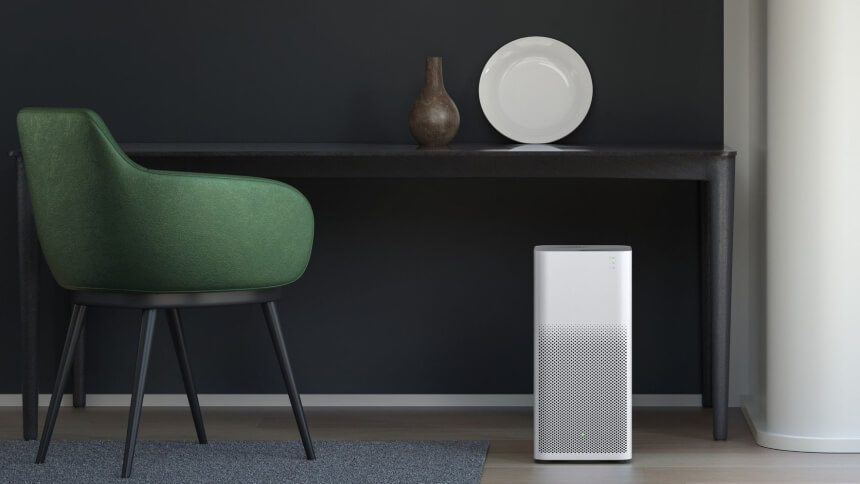
An ionic air purifier has negative and positive charged plates that send ions into the air to bond with impurities. After the bond is formed, the particles cannot stay in the air because they become too heavy. They end up falling on the floor or the device’s collection plate (if it has one) for the homeowner to clean.
The air purifying process involves a fan moving air through a series of electrodes and plates, and it usually happens in 2 stages. In the first stage, the electrode plates use an electric charge to ionize airborne particles.
The second stage has electrode plates with an opposite charge, and they attract and bind to the newly charged particles. This removes them from the air completely.
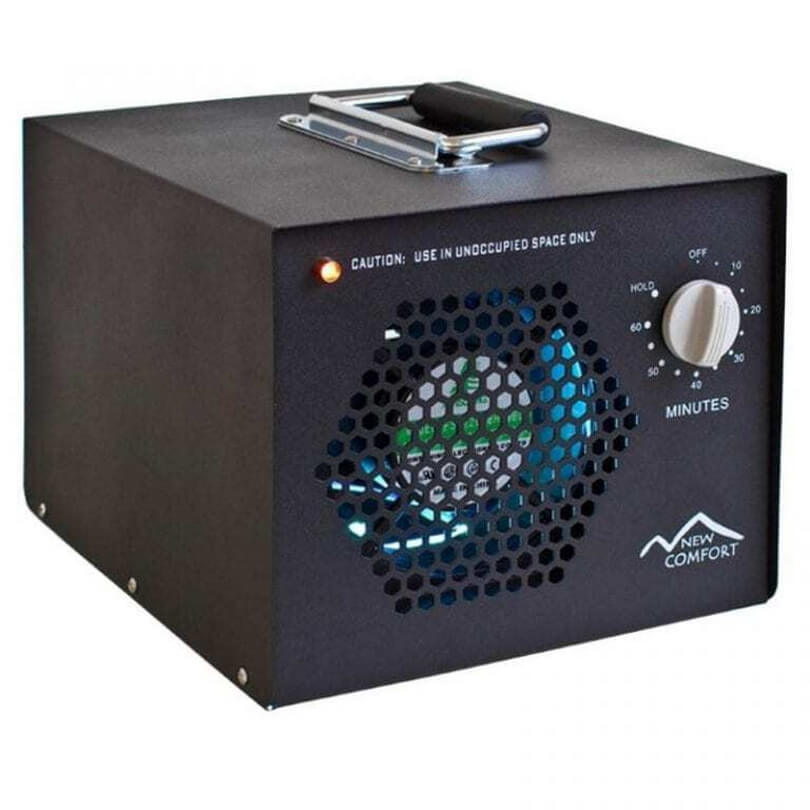
Ozone-generating purifiers use a high-voltage corona effect to produce ozone, also known as 03 molecules. It splits oxygen molecules in the air that end up bonding with other oxygen atoms. Ideally, instead of collecting contaminants internally, ozone generators generate ozone to bond with particles in the air.
With an ozone generator, you will find contaminant particles on the floor because most models don’t have a filter for trapping them.
Ozone generators are not the best solution for anyone who has health issues. Users claim that it irritates the respiratory system. Plus, they are not that effective at safe ozone levels. On the other hand, ionizers do generate a little amount of ozone at very safe, harmless levels.
The only area in which ozone air purification excels is in cigarette some removal from a room. Hotels prefer to use it for removing tough tobacco smells.
Air ionizers are beneficial in a couple of ways, including:
Cost-efficiency. This is one of the top benefits of an ionizer. Since particulates collect on the plates or fall on the floor, you only need to clean the plates rather than replace the filter.
They purify large air space. Ionizers can purify an air space as large as 3500sq ft.
Some user reviews are harsh on ionizers. Here are some of the popular claims that ionizers may be a bad choice for you:
Limited design and styles. Ionizers virtually only come in vertical thin or compact square bodies that you can place on the ground or on a table anywhere. This can be pretty limiting for an aesthete or for anyone who’d like a wall-mountable air purifying unit.
They are less effective. Ionizers don’t remove air particles effectively. As much as they can attack fine particles of up to 0.1 microns, chances of the particles getting stirred back into the air when a pet or a person walks into the room are high. It is like an endless cycle of removing contaminants from the air and returning them.
A HEPA (High-Efficiency Particulate Air) air purifier circulates air in a room and removes airborne impurities like dust, allergens, and mold by trapping them in filters. HEPA filters date back to world war II when the US military attempted to create an effective gas mask. It is deemed the most effective air purifying technology and is used by Airplanes and high-end vehicle brands like TESLA to remove bacteria and other tiny particles.
A HEPA air purifier is pretty simple in principle. It features a dense physical filter through which it sucks air and traps contaminants. The airborne contaminants could be anything, from bacteria and smoke to mold spores and dust. It then uses a fan to push out clean, fresh air.
When you turn on your HEPA purifier, it continuously repeats the process of purifying the air in your room, keeping it free from contaminants. This is why it is highly preferred by homeowners who suffer from allergies. It ensures the air is free from allergens every time new impurities enter the room.
The best quality HEPA air purifier can trap up to 0.3 microns of contaminants in the air. You can be rest assured that 99.97% of harmful airborne contaminants are removed from the air you breathe in your home, car, or office space.
Some HEPA purifiers have some added unique features like Ultra Violet germ-killing, air quality sensor, auto-off timer, and for the latest models, smartphone control features. Moreover, there are models like the Coway AP-1512HH Mighty Air Purifier that has the ionizer feature. It is one of the best HEPA air purifiers with both the HEPA filter and an ionizer on the market. It has a 4-stage filtration system that involves a pre-filter, A HEPA filter, a deodorization filter, and a vital ion that effectively remove up to 99.97% of airborne contaminants from the air in a room.
Although they come in different design variations, most modern air purifiers utilize the 3-in-1 design, which has more than just the HEPA filter. It includes a pre-filter section, an activated carbon section, and a HEPA filter. The pre-filter and the activated carbon section are usually attached. The pre-filter traps larger material like dust particles and hair or fur while the activated carbon section absorbs odors and vapors.
HEPA air purifiers come highly recommended by users and experts, and here are a few reasons why:
Effective and continuous purification. HEPA purifiers work continuously to remove airborne contaminants from your room, after which they release clean, fresh air using a fan.
Multiple design and style options. HEPA purifiers come in innumerable styles and colors to choose from. You can get something that matches your interior décor or is within your aesthetic tastes and preferences.
HEPA air purifiers have everyone raving about their effectiveness and value, but they also have their downsides, including:
They are costly. HEPA air purifiers are the best air purifying solution, but they come at a cost. There are a few good air purifiers under 100 dollars, but very few are HEPA models. For a unit worth investing in, you have to part with 100 bucks or more. Its maintenance isn’t cheap either unless it is one of the best air purifiers with a washable filter. Otherwise, you would have to replace the filter on an annual basis for it to function effectively.
You really should know the differences between an air purifier and an air ionizer before you spend your money on either. It will help you get the best bang for your bucks as you’d make the right buy.
The filters of air ionizers and HEPA air purifiers work in entirely different ways. An ionizer cleans the air by charging air molecules electrically. The electrically charged air molecules or ions become too heavy to float in the air, and so they end up falling on the floor or on the collection plate of the device.
On the other hand, a HEPA air purifier cleans the air by circulating air. It uses a built-in fan to push air through a dense physical filter that traps all the contaminants in the air.
The filtration system of HEPA air purifiers is much easier to understand and more effective in keeping the air clean continuously compared to that of air ionizers. It also has a considerably better airflow rate, thus the best for dust cleaning, allergy relief, pet dander or hair cleaning, and odor reduction.
The filtration system of ionizers produces a small amount of ozone while that of HEPA air purifiers generate none.
When it comes to coverage area, HEPA air purifiers fall behind. They are not as powerful as ionizers in this area because they use physical filters. The largest air space a high-grade air purifier can cover is 1500 sq ft. This makes it a perfect air purifying solution for homes.
For moderately large homes, experts recommend the popular Dyson Pure Hot + Cool, HP01 HEPA Air Purifier. On top of removing dust, mold, allergens, and other air pollutants effectively in large rooms, it doubles as a space heater and fan. It utilizes the air multiplier technology that delivers more than 77 gallons of fantastic airflow per second.
So, what do you get to improve the quality of air in your 3500sq ft business space or home? Simple- an ionizer. Ionizers have the capability of covering larger air spaces than HEPA air purifiers.
When it comes to design and style, ionizers are very limited. Ionizers mostly just come in thin vertical or small and compact bodies that you can place anywhere in your house. Though some models do look modern and futuristic, the fact that there aren’t any wall-mountable units so far is very limiting. You can only find ionizers that sit either on your table, floor, or any flat surface in your house.
On the other hand, HEPA air purifiers are a whole vibe in terms of design and styles. They come in various shapes and sizes, and you can find just about anything that blends with your interior décor. Also, there are loads of color options from which you can pick whatever strikes your fancy. What’s more, you can get wall-mountable options to place anywhere in your home or workplace.
Maintenance is paramount for both ionizers and HEPA air purifiers for long-lasting performance. Unless you buy a HEPA air purifier with a washable filter, A HEPA air purifier is much easier to maintain than an Ionizer. Do note that it is easier to maintain but not cheaper. It is easier to maintain because all you have to do is buy a new filter to replace the old one every 6 to 8 months, depending on the model.
Ionizers, on the other hand, don’t use physical filters like the HEPA air purifiers. For maintenance, you have to clean the collection plate regularly to remove the pet dander, hair, dust particles, and other airborne contaminants that collect on it after air purification.
Generally, HEPA air purifiers are costlier than ionizers. A high-grade HEPA model doesn’t come cheap because it uses advanced technology. You can easily find an ionizer for less than 50 bucks, but you will hardly come across a good quality HEPA air purifier below 100 bucks.
In terms of maintenance costs, HEPA air purifiers still lead. Their physical filters need annual changing, and for some models, it’s every 6 months. As for ionizers, you would never incur any costs for changing the filters because they don’t use physical filters.
The air ionizer vs. HEPA air purifier has been a tough debate for the longest time regardless of the technological advancements for both air-purifying options. As we have highlighted, ionizers do have some advantages over HEPA air purifiers. They are more affordable, can cover a large air space, and can eliminate airborne germs significantly.
However, even the best ionizer does not hold the same performance standards as a HEPA air purifier. A top-quality HEPA purifier guarantees a higher rate of airflow and continuous air purification. Unlike an ionizer, it will remove all the airborne impurities round the clock as long as its own. You could also choose to go with the hybrid models that use both an ionizer and filters to clean the air. Their effectiveness usually varies across different brands and models. In sum, buy an air purifier based on its cleaning ability for your room size, proven performance, and user reviews.
